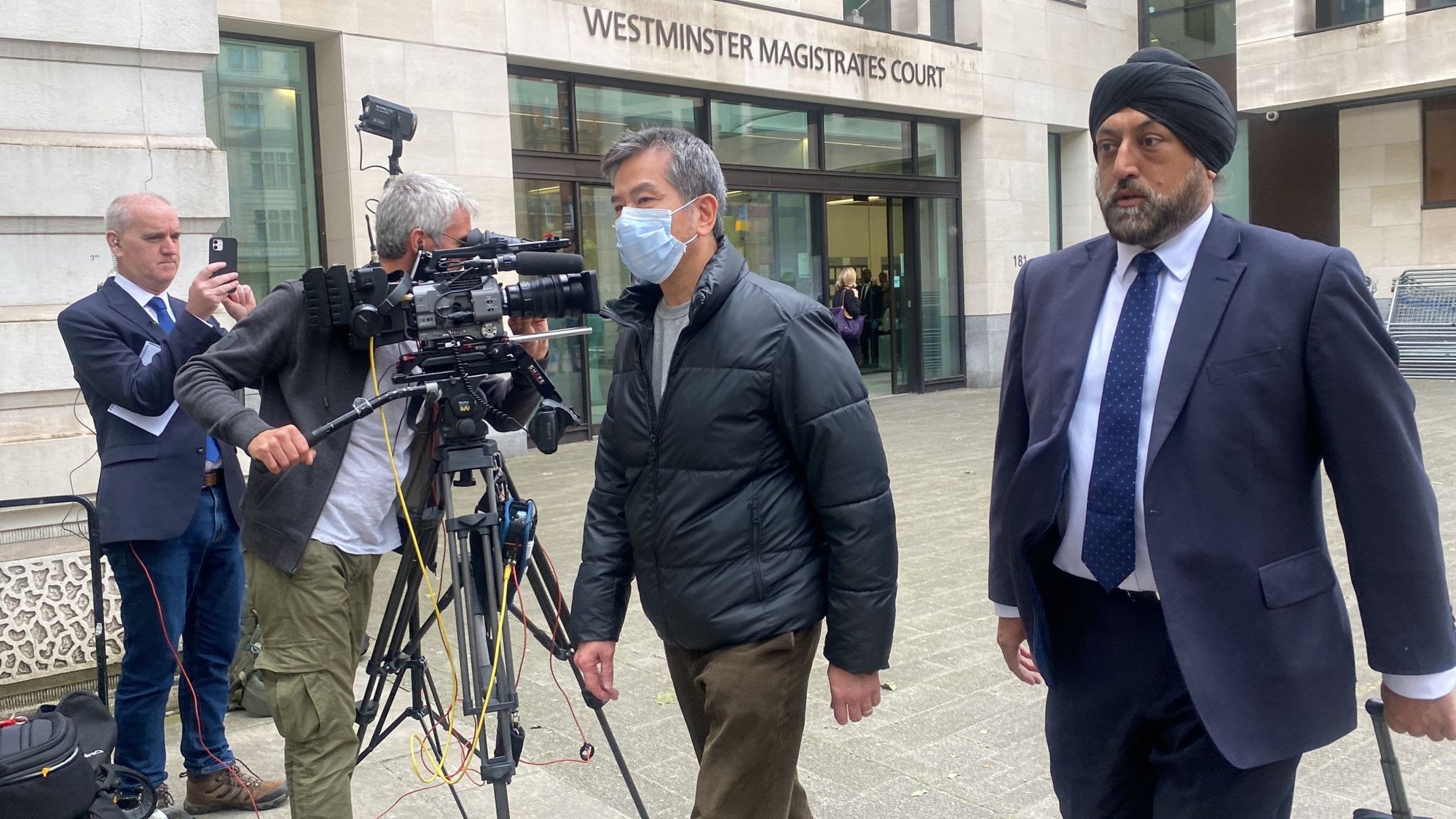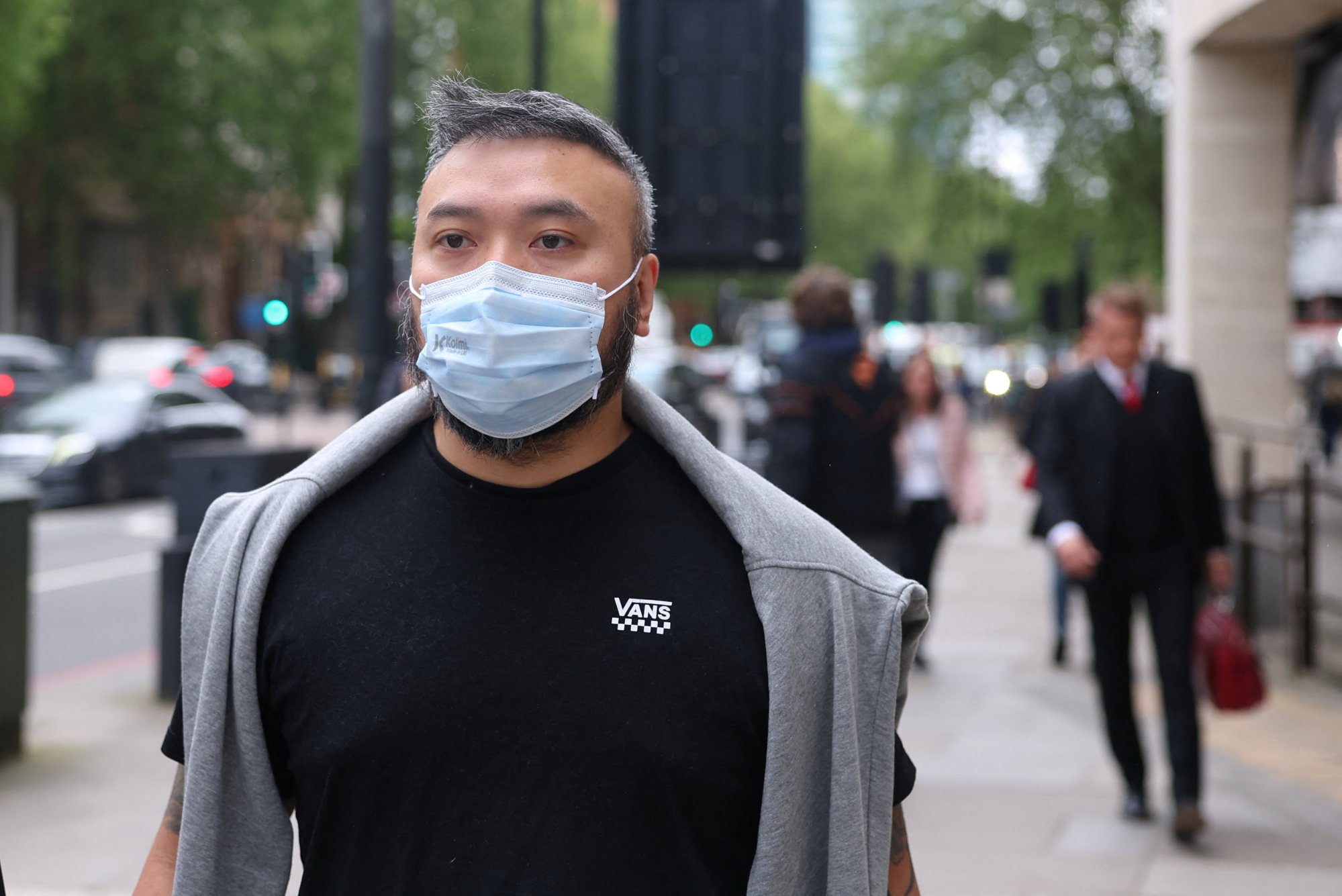UK move to prosecute 3 for allegedly spying for Hong Kong will sour ties between Britain and China, experts say
The involvement of Yuen in the case sparked fears it might prompt hawkish elements in other countries to push their governments to review the role of HKETOs they host.
Lau Siu-kai, a consultant for the semi-official Beijing think tank, the Chinese Association of Hong Kong and Macau Studies, said the incident could trigger a new diplomatic row and worsen Sino-British relations.
“It is indeed reasonable for the Hong Kong authorities to look into the anti-China activists,” he said.
“Britain might want to demonstrate their responsibilities in protecting these anti-China activists now settled in the country, but is this so-called information really that significant which could threaten its national security?”

The Chinese embassy in London said on Monday that Beijing had lodged a stern representation with Britain over the case, urging it to immediately stop all kinds of “anti-China political manipulation” and ensure the legitimate rights and interests of the country’s citizens in the United Kingdom.
Pointing to the recent case in which an ex-employee of the city’s Trade Development Council was arrested by German authorities on suspicion of spying for Beijing, Chan said the latest arrest would inevitably prompt other countries to review the roles of HKETOs, which had been given special treatment to operate independently overseas.
“Some hawkish forces or parties critical of China will seize the opportunity to demand authorities to review the relevant acts governing the operation of HKETOs in their countries,” he said.

A number of United States politicians had earlier renewed their calls for sanctions against Hong Kong following its enactment of the city’s domestic national security law, the Safeguarding National Security Ordinance, in March.
They accused HKETOs of being propaganda arms for Beijing and pledged to push ahead the “Hong Kong Economic and Trade Office Certification Act”, which will empower Washington to close down the three offices on US soil and strip them of “certain privileges, exemptions and immunities”.
Chong warned that existing pressure within the UK to close HKETOs could increase in light of the arrests.
However, the political scientist said whether the arrests would escalate into a diplomatic crisis would depend on Beijing’s response and whether it was with “proportionate” retaliatory arrests or expulsions of British diplomats.